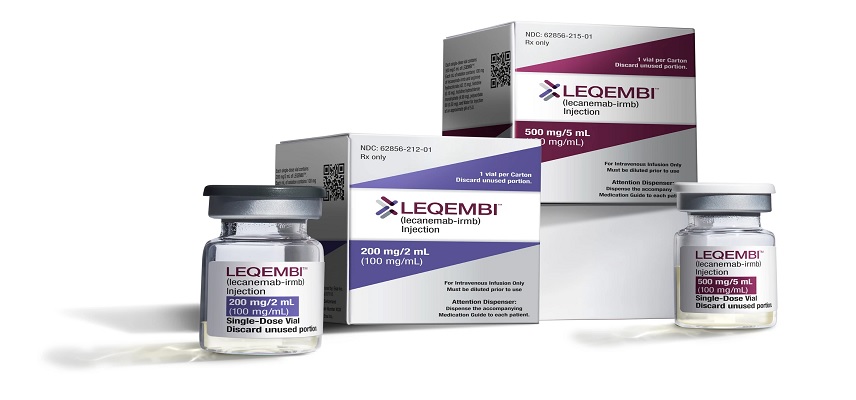No notifications yet

Eli Lilly's Kisunla receives Japanese approval for the treatment of early symptomatic Alzheimer's disease
The Ministry of Health, Labour and Welfare Japan has approved Kisunla (donanemab-azbt, 350 mg/20 mL every four weeks injection for IV infusion), Eli Lilly and Company's Alzheimer's treatment for adults with early symptomatic Alzheimer's disease (AD), which includes people with mild cognitive impairment (MCI) as well as people with the mild dementia stage of AD, with confirmed amyloid pathology.
Lilly continues to study donanemab in multiple clinical trials, including TRAILBLAZER-ALZ 3, which is focused on preventing symptomatic Alzheimer's disease in participants with preclinical AD; TRAILBLAZER-ALZ 5, a registration trial for early symptomatic AD currently enrolling in China and Korea; and TRAILBLAZER-ALZ 6, which is focused on expanding our understanding of ARIA through novel MRI sequences, blood-based biomarkers, and different dosing regimens of donanemab.

Sick and tired of always wondering if you are being asked to pay the right price for your APIs? This empowers you with the answers you need to make the right decisions in the Global API market.
Chemxpert Database is one of the biggest and most comprehensive directories of pharma and chemicals, manufacturers, suppliers and information. Provided with current information on prices, demand and transactions, it gives you instant feedback on whether you are buying what is right and at the right time.
Start using market intelligence today and allow yourself to be in control in the API market.
Check it out today and make more informed sourcing decisions! Learn More!
